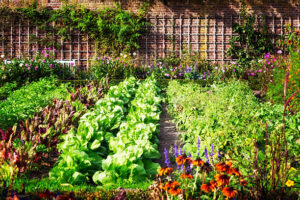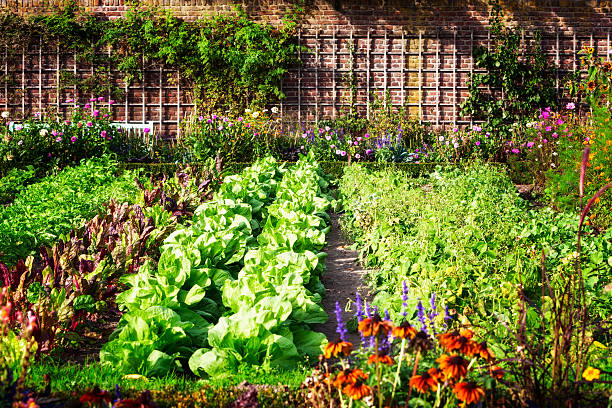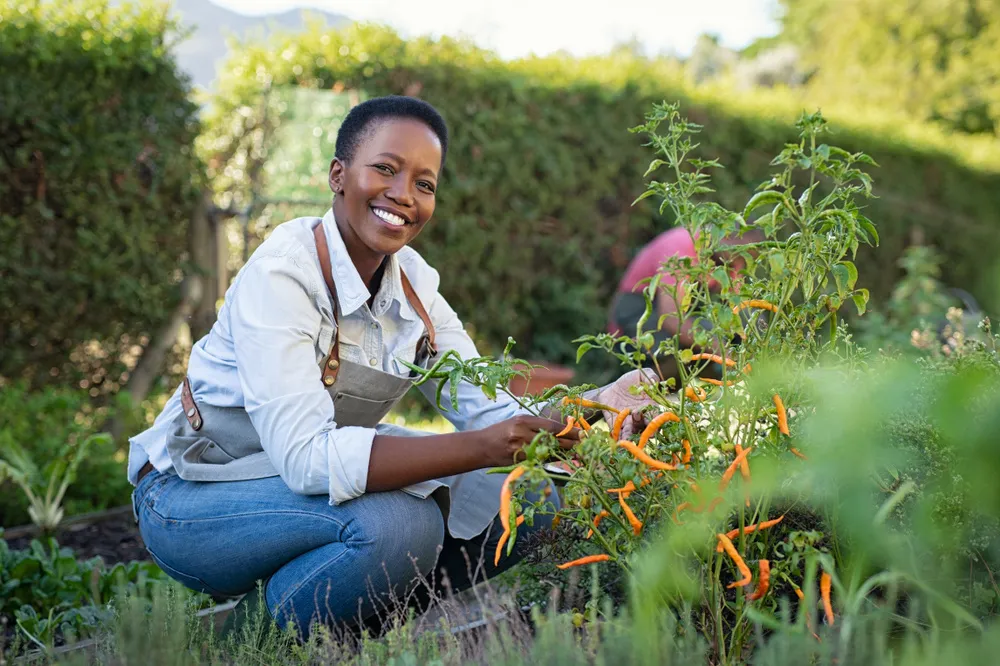Starting a home garden is a rewarding way to grow your own fresh produce and flowers while connecting with nature. Whether you have a spacious backyard or a small balcony, with the right planning and care, you can create and maintain a thriving garden. Here’s a guide to help you get started.
1. Choose the Right Location
The first step is selecting a spot that gets ample sunlight. Most vegetables, herbs, and flowers need at least 6-8 hours of sunlight daily. If you’re gardening indoors or on a balcony, make sure the area has enough natural light. Ensure the soil drains well or use containers with drainage holes if you’re opting for potted plants.
2. Prepare the Soil
Healthy soil is crucial for plant growth. If you’re working with garden beds, test your soil’s pH and nutrient levels. Add organic compost to improve its structure and provide nutrients. If you’re using pots, choose a quality potting mix, which offers better drainage and aeration than regular soil.
3. Select the Right Plants
Start by deciding what you want to grow. If you’re a beginner, opt for easy-to-grow plants like lettuce, tomatoes, herbs, or marigolds. Consider the climate and seasonality of your area to ensure you’re selecting plants that will thrive. You can begin with seeds or buy young plants from a nursery.

4. Watering
Proper watering is key to maintaining your garden. Water in the morning to allow the plants to absorb moisture before the day heats up. Use a watering can or a gentle spray nozzle to avoid damaging the plants. Make sure the soil remains moist but not waterlogged.
5. Regular Maintenance
To keep your garden healthy, regular maintenance is necessary. Weed the garden frequently to prevent competition for nutrients. Prune dead leaves and branches, and remove pests when necessary. Mulch can help retain soil moisture and reduce weeds.
6. Fertilizing
Feed your plants with organic fertilizer or compost every few weeks to ensure they’re getting the necessary nutrients. Be mindful not to over-fertilize, as this can harm the plants.
7. Harvesting
For vegetables and herbs, harvest them as they mature to encourage continuous growth. Make sure to handle the plants gently during harvesting to avoid damaging them.
Final Thoughts
Starting a home garden can be a fulfilling and productive hobby. With careful planning, consistent care, and patience, you can enjoy the fruits (and vegetables!) of your labor throughout the year.


